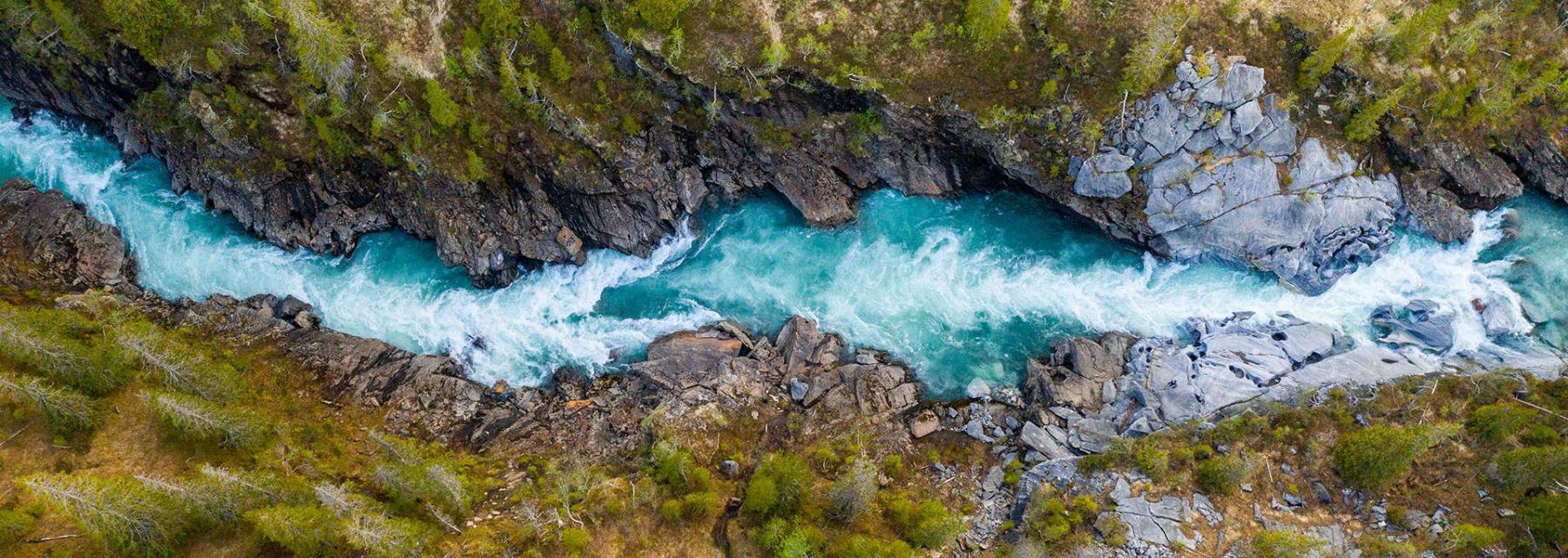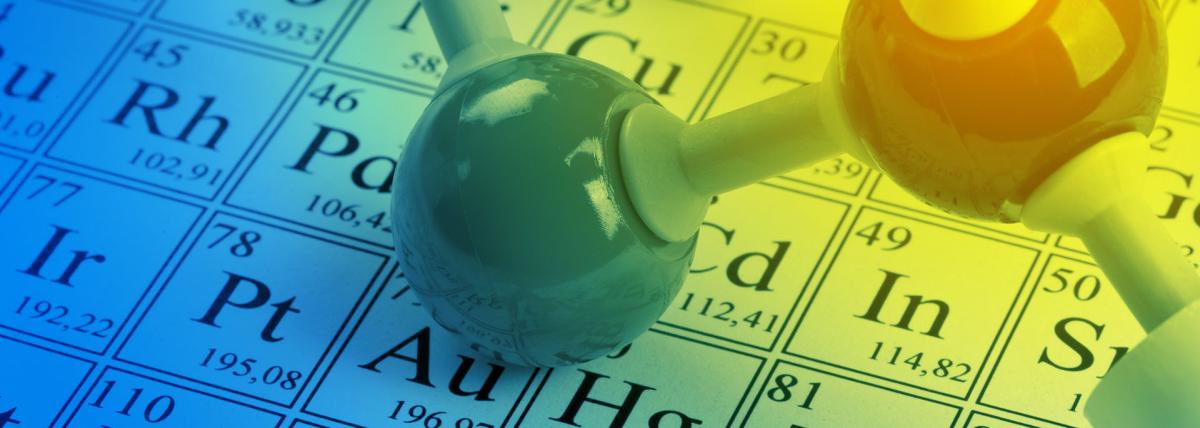
Hydrochemical Analysis of the Natural Waterbodies in the Grand Canyon State (Arizona)
by Michael Angelo De La Cruz
A lesson to teach students how to collect, organize, interpret data, make inferences, raise awareness, and suggest possible solutions on the water quality of the waterbodies in the state of Arizona.
Lesson Plan Link/URL
https://docs.google.com/presentation/d/1vKBQbkIideZbGoQK9d9_En3N3VpTVt-M/edit?u…Subject Area
Science Physical Science P1: Matter Earth and Space Science E1: Earth Systems Technology 1. Empowered Learner 2. Digital Citizen 3. Knowledge Constructor 5. Computational Thinker 6. Creative Communicator 7. Global Collaborator Mathematics Measurement and Data (MD) Ratio and Proportion (RP) Statistics and Probability (SP) Number & Quantity (N) English Language Arts (ELA) Reading (Literature) Reading (Informational Text) Writing
Featured
Off
Related Content

Grades:
3rd Grade, 4th Grade, 5th Grade, 6th Grade, 7th Grade, 8th Grade
In this lesson, students will understand the impact of oil spills in the ocean. They will work cooperatively to come up with solutions and materials to clean up a simulated oil spill. Students will

Grades:
9th Grade, 10th Grade, 11th Grade, 12th Grade
Students who have been studying logarithms can apply them using a chemistry lab to discover the pH of acetic acid (white vinegar) and even compare this to other acids.

Grades:
6th Grade, 7th Grade, 8th Grade
Model Building For Disaster is a 4-6 week unit in which students research natural disasters around the world and their effect on developing countries. Following their research, student teams design